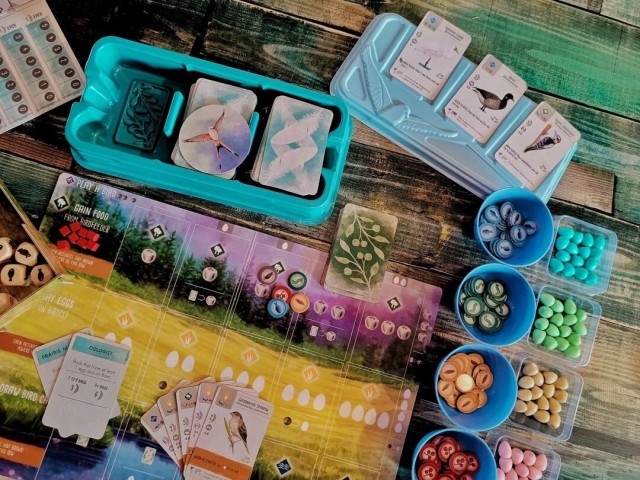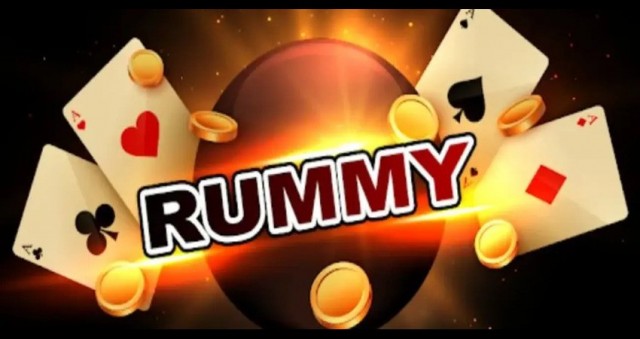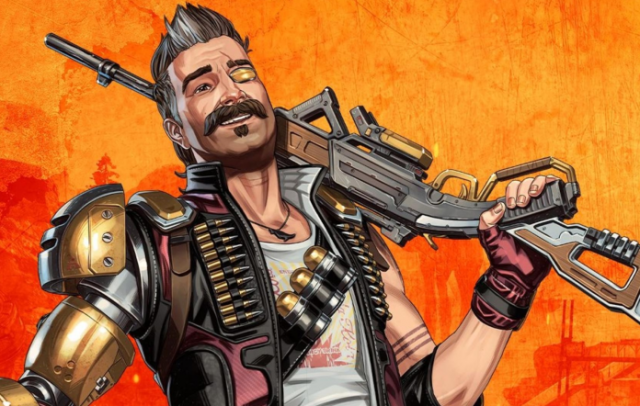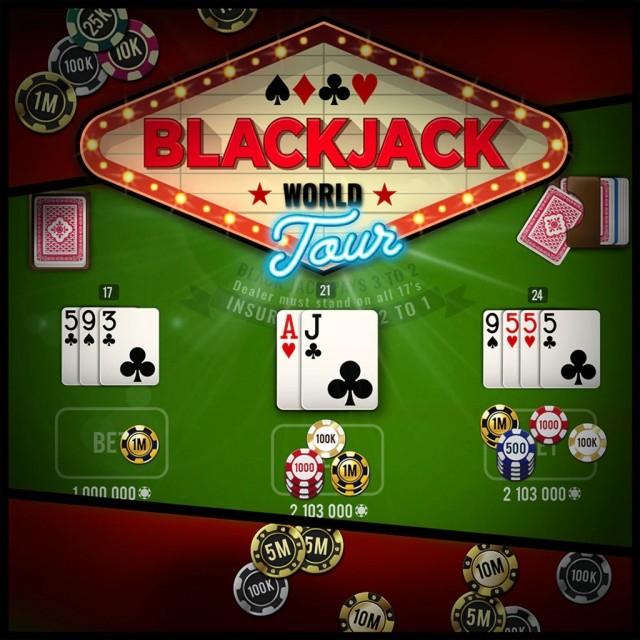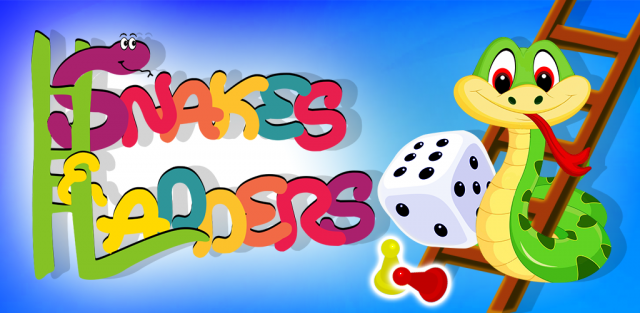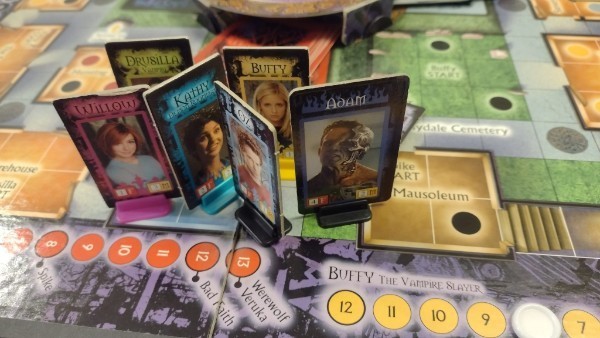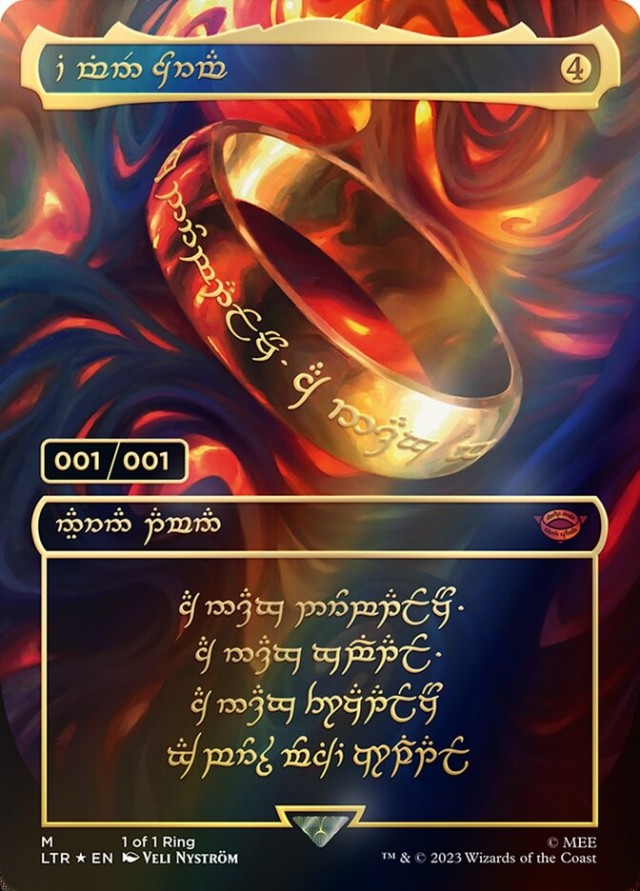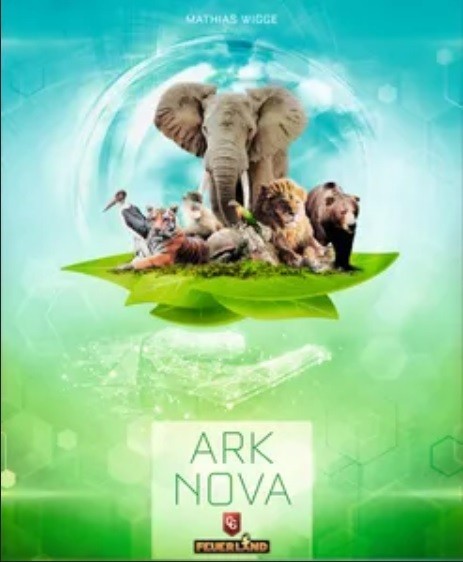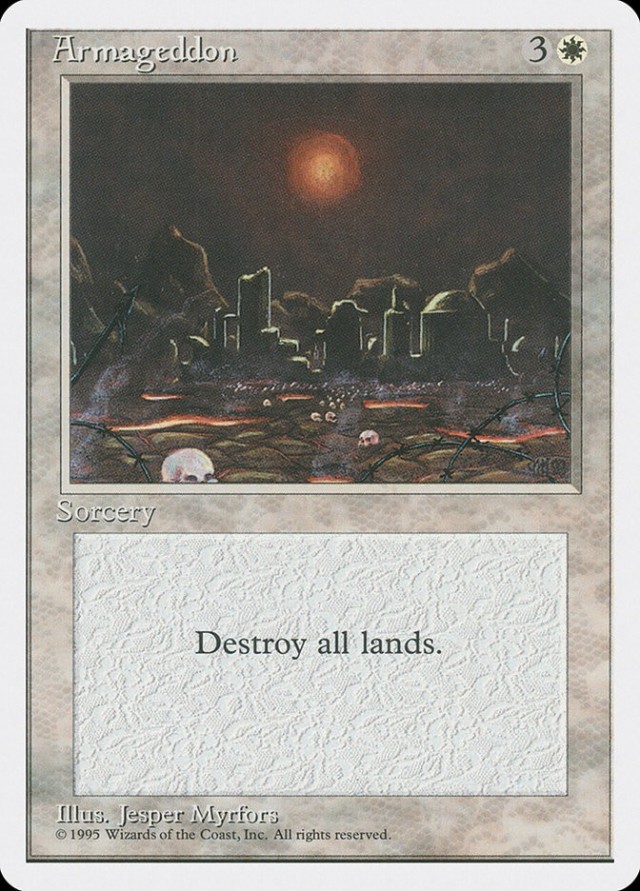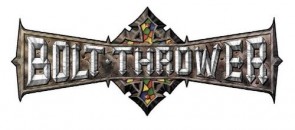Well, life's thrown me a wrong 'un that looks and feels a lot more like a war machine-sized spear than a cricket ball. Although I can tell you from experience that they hurt too.
Board Games
Right now the idea of having the time, energy and attitude to get some friends together and play a game seems remote. That's why I've not been posting articles or on the forums. So the SU&SD team let me spend the month reviewing some card-driven classics I already know and love.
First in this two-part series is Here I Stand, the eight-hour multi-player marathon of religious freedom, heretic burning and smallpox. It has all the usual pleasures of card-driven wargaming, a solid combination of military and political strategy, tense combat and the hand management that's game within a game. But what really makes it stand out - apart from the number of players - is the sheer richness of the historical narrative it presents, and the way it encourages Machiavellian diplomacy without allowing it to dominate the game. It's a brilliant showcase for how flexible the card-driven mechanic can be in the hands of a creative designer.
Books
Mostly I've been reading John Warry's Warfare in the Classical World after a sudden desire to learn more ancient history. It's a very good overview, with an obvious focus on militaria but without excluding the necessary political and social detail on which the era is founded. However, with such a grand scope it's almost inevitably light on detail and occasionally assumes a readership passingly familiar with the classical world. There's also a lot more focus on Rome than Greece, although I suspect that's due simply to more sources and information being available for the latter.
After that I needed some light reading, so I decided to tackle the Hunger Games trilogy. The first book was a thrilling adventure but it felt incredibly simplistic, derivative and predictable, even considering it's aimed at teens. Other supposed young adult literature like His Dark Materials and Harry Potter manages to be satisfying to grown-up readers, but this isn't. There was literally only one single "twist" in the entire book that I failed to see coming, although it was at least the one at the end.
The second book was better, but not much. It's slower burning which loses the sense of urgency from the first novel but gives more time for detail and character to emerge. I'm going to tackle the third, partly because it's such easy reading and partly because, well, it might sound like I'm trashing the series but it's not actually bad, merely mediocre and I was expecting better. It's one of those rare books that I think would actually work better on the screen than the page - haven't seen the film but I want to, now.
Video Games
There's not been a whole lot of time for these either, but it's easier to steal a half-hour by yourself to play than several hours with others for a board game.
Mostly I've been focusing on the Amnesia sequel A Machine For Pigs which I was lucky enough to get a preview copy of. The review is up at NHS. The original billed itself as the scariest game of all time, a sentiment I'd agree with and I think the sequel fails to clear that high bar set by its predecessor. But it's still a chilling experience and, with a more complex and engaging plot, more varied environments and less frustration it's certainly a better-rounded and more interesting game.
Got the chance to mess around with the Card Hunter preview too. It's a free-to-play, browser based tactical dungeon crawl game. It's not out until the 12th of September but if you value your families, friends and jobs stay the hell away from it. I only really scratched the surface but my initial impression is that it's more addictive than heroin-encrusted, junk food-flavoured cigarettes. It's got a wonderfully infectious old school D&D vibe and the mechanics are easy to pick up and fun to play with but do seem have enough depth to maintain interest. I've written a little bit more detail which'll be published on release day, so I'll be seeing you in the multiplayer lounge then.


 Games
Games How to resolve AdBlock issue?
How to resolve AdBlock issue? 